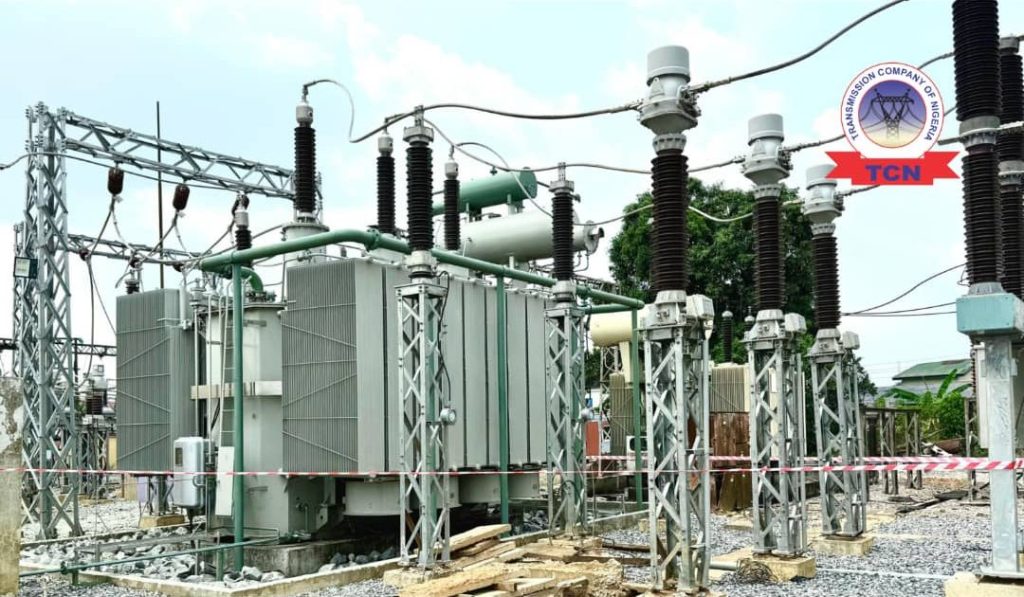The Transmission Company of Nigeria (TCN) is grappling with a severe and escalating problem of infrastructure vandalism, which has significantly hampered the nation’s electricity supply stability and expansion efforts. Between January 2024 and June 2025, a staggering 264 high-voltage transmission towers were vandalized across the country, plunging various regions into darkness and incurring substantial financial losses for the company. This period, according to TCN officials, represents the most challenging phase in the company’s operational history, marked by relentless attacks on its critical infrastructure by non-state actors. The pervasive nature of this vandalism, spanning diverse geographical locations and motivated by a complex interplay of factors, underscores the urgent need for a multi-pronged approach to address this critical challenge.
The vandalism incidents have been geographically widespread, affecting regions such as Abuja, Bauchi, Enugu, Kano, Shiroro, and Port Harcourt. In 2024, a total of 86 towers were vandalized, with 26 completely destroyed, severely impacting power transmission in the affected areas. The first half of 2025 witnessed an even more alarming surge, with 178 towers targeted in 42 separate incidents. The Port Harcourt, Kaduna, and Kano regions emerged as the most heavily impacted areas during this period, experiencing the highest number of attacks. The sheer scale of the destruction highlights the vulnerability of the TCN’s infrastructure and the audacity of the perpetrators, who appear to operate with relative impunity.
The TCN has identified three primary drivers behind these acts of vandalism: sabotage, political motivations, and economic incentives related to the scrap metal market. Repeated attacks on critical transmission lines like the Shiroro-Katampe and Ajaokuta-Gwagwalada 330kV lines, as well as the 132kV underground line in Abuja’s Central Area, are cited as evidence of politically motivated sabotage aimed at disrupting power supply to the Federal Capital Territory. In regions like the North-East and South-South, the TCN attributes the vandalism to sabotage linked to insurgency and youth unrest. In contrast, areas like Port Harcourt are believed to be affected by a combination of sabotage and economic factors.
The burgeoning scrap metal market plays a significant role in driving vandalism, particularly in regions like Kano and Makurdi. Stolen materials from transmission lines are easily sold and recycled, providing a lucrative incentive for vandals. This highlights the need for stricter regulations within the scrap metal industry to curb the demand for stolen materials and make it more difficult for vandals to profit from their destructive activities. The ease with which these materials are traded underscores the need for increased vigilance and monitoring within the scrap metal market and collaboration with law enforcement agencies to crack down on illegal activities.
Beyond the human-induced damage, natural disasters have also contributed to the challenges faced by the TCN. In May 2025, severe weather events, including windstorms and torrential rains, led to the collapse of six towers along the Kainji-Birnin Kebbi 330kV line and the partial collapse of another tower on the Apir-Lafia-Jos line. These incidents underscore the vulnerability of the transmission infrastructure to extreme weather conditions and the need for robust preventative measures and resilience planning to mitigate the impact of such events.
The consequences of these widespread attacks are far-reaching, impacting not only the immediate power supply but also the TCN’s long-term development plans. The disruption of power flow from generation companies to distribution points has resulted in significant financial burdens for the TCN, diverting funds earmarked for grid expansion towards costly repairs and replacement of damaged infrastructure. This has slowed the pace of national grid expansion, hindering efforts to improve electricity access and reliability across the country. Moreover, the increased need for security measures to protect transmission assets adds further strain on the company’s resources. Estimated costs for repairing the vandalized towers, based on an average replacement cost of N68,700,000 per tower, could reach a staggering N18.14 billion, highlighting the immense financial burden imposed by these acts of vandalism. This financial drain not only hampers immediate repairs but also restricts long-term investments in grid expansion and modernization.
In response to this crisis, the TCN is implementing various strategies to protect its infrastructure and combat vandalism. These include strengthening collaborations with the Office of the National Security Adviser and state governments, deploying high-tech monitoring systems on critical transmission lines, and conducting public awareness campaigns to sensitize communities about the importance of protecting these national assets. The agency has also initiated partnerships with state authorities and local communities to foster a sense of ownership and responsibility for the transmission infrastructure. Initial successes, such as the elimination of vandalism on key lines in Borno and Yobe states through community engagement, demonstrate the effectiveness of these collaborative approaches. Furthermore, the TCN is working closely with security agencies to apprehend and prosecute vandals, with several arrests already made. The agency emphasizes the importance of community vigilance and urges citizens to report any suspicious activity near transmission towers, highlighting the shared responsibility of protecting these vital national assets.














